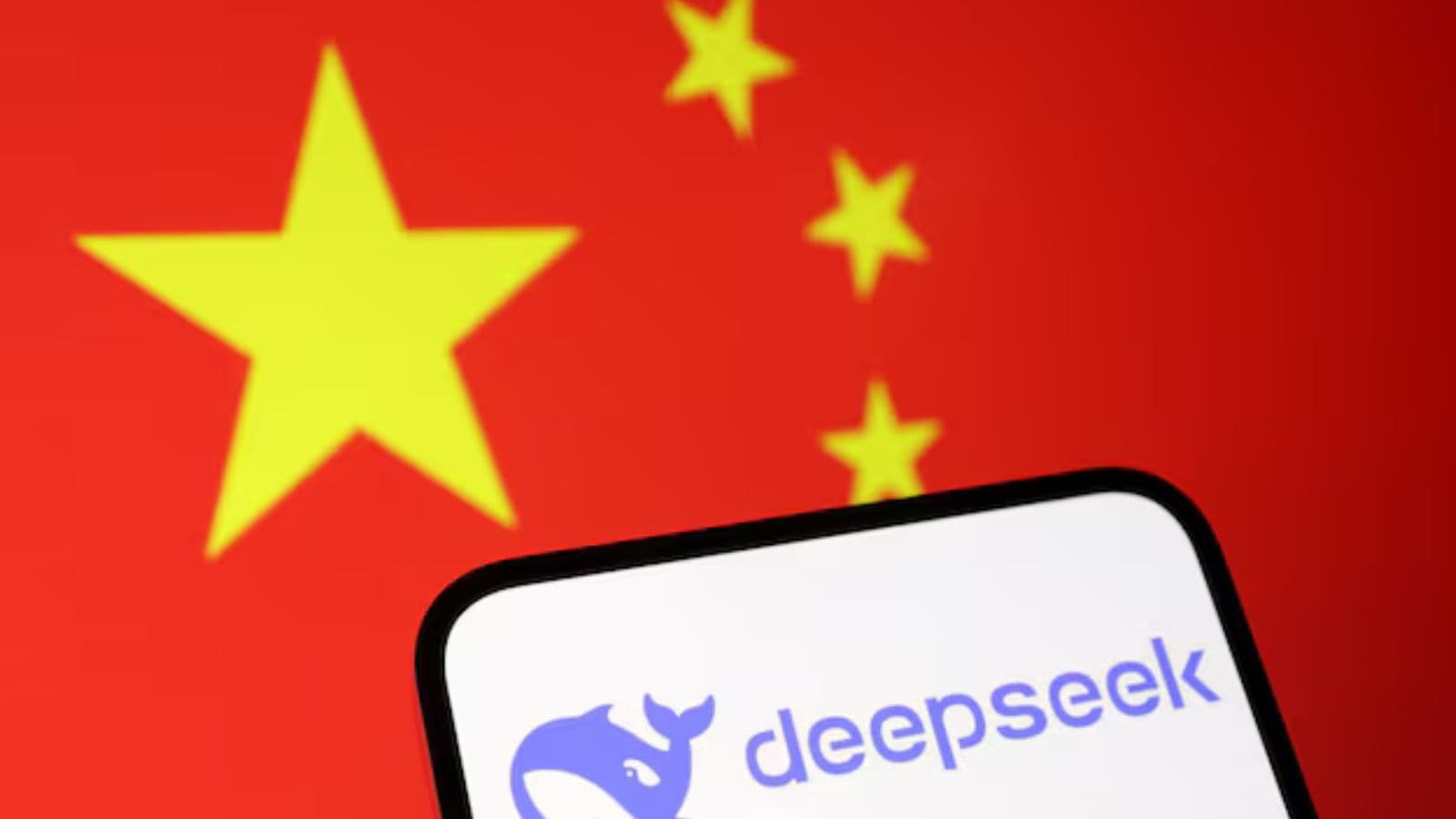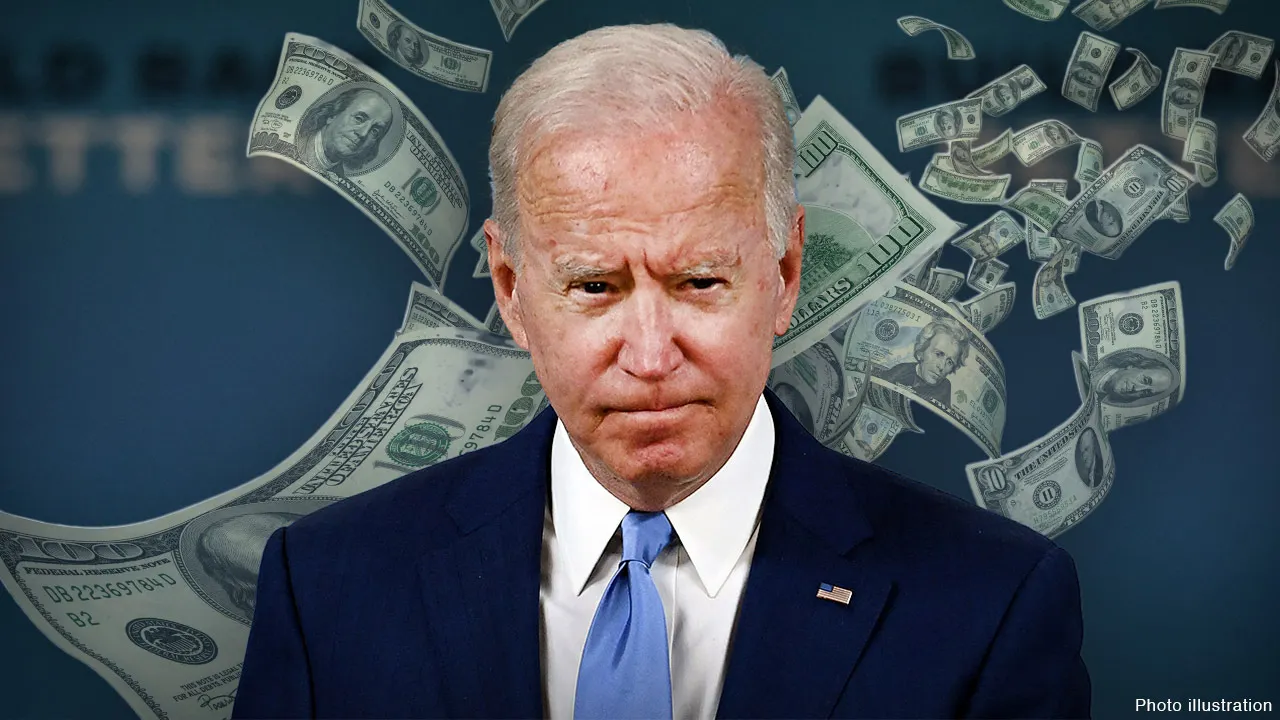

DeepSeek, a Chinese AI model, has disrupted the U.S. tech landscape, raising national security concerns and challenging Trump’s vision for America’s technological leadership

The sudden rise of DeepSeek, a Chinese artificial intelligence model, has sent ripples through the U.S. tech sector, raising alarms in Washington and drawing immediate reactions from former President Donald Trump. Seen as a direct challenge to America’s technological leadership, DeepSeek's rapid advancement threatens to disrupt the global AI landscape, forcing the U.S. to confront its position in an increasingly competitive world of AI innovation. DeepSeek, developed by the Chinese startup DeepMind, has already proven its capabilities by outperforming several leading American AI systems. The model, which is said to match or even surpass the performance of OpenAI's GPT models, was developed at a fraction of the cost. This breakthrough in cost efficiency is particularly alarming to U.S. businesses, as it could lower the entry barriers for deploying sophisticated AI across various industries, including space exploration, military applications, and consumer tech. Trump’s administration was known for prioritizing technological advancements, with a specific focus on energy independence and AI development. His “America First” approach to the tech sector led to initiatives aimed at promoting U.S. technological supremacy, including significant investments in AI research and a focus on controlling access to key technologies like semiconductors and AI software. DeepSeek’s emergence, however, has shown that China is not only catching up but could be poised to leapfrog the U.S. in some critical areas. The rise of DeepSeek raises crucial questions about the future of AI and global technological competition. U.S. companies are now forced to reconsider their reliance on Chinese-developed AI models, especially as the cost and performance advantages of DeepSeek become more apparent. For example, DeepSeek's AI model has been reported to cost under $6 million to develop, far less than comparable U.S. models, giving Chinese companies a competitive edge in the AI race. On the international stage, the launch of DeepSeek has prompted concerns about national security. The U.S. government, which already places heavy restrictions on the export of AI and semiconductor technologies to China, is now grappling with the implications of China’s success in producing world-class AI. DeepSeek’s technology could have applications that range from surveillance systems to military advancements, raising fears that Chinese-developed AI may not only challenge the U.S. economically but could also compromise national security if used in ways that undermine U.S. interests. In response, Trump has voiced strong concerns, calling DeepSeek’s AI development a "wake-up call" for U.S. industry. He argued that America’s position as the leader in technological innovation is at risk and called for swift action to ensure that the U.S. remains ahead in the AI race. This statement signals a call to action for American tech companies and government officials to focus on developing more advanced, secure, and competitive AI models. Despite the challenges posed by DeepSeek, there are positive aspects to the rise of Chinese AI. Experts argue that global technological competition can drive faster advancements in AI, benefiting the world as a whole. The innovations spurred by the development of AI in China may push the U.S. to innovate more rapidly, resulting in better AI systems and more widespread adoption of AI technologies across all sectors of society. Some even believe that U.S. companies and researchers could learn from China’s more efficient development methods, creating opportunities for collaboration in the future. However, the geopolitical tension surrounding DeepSeek also serves as a reminder of the fragility of international relationships in the tech space. While there is an undeniable desire for cooperation in the field of AI, the growing competition between the U.S. and China could lead to increased mistrust and further restrictions on technology sharing. As both countries race to develop next-generation AI, it is possible that the rivalry will result in divergent technological paths, leading to even more complex geopolitical dynamics. Looking ahead, the U.S. must decide how to address the challenge posed by DeepSeek. One approach is to intensify efforts to promote innovation domestically, with increased funding for AI research and tighter controls on critical technology exports. Another approach may involve finding ways to engage with China on global standards for AI development, ensuring that both nations can benefit from the technological progress while addressing security concerns. As DeepSeek continues to evolve, the U.S. will likely have to reevaluate its entire strategy for maintaining its position as a global tech leader. This may require not only policy changes but also a reinvigorated commitment to collaboration with international partners who share concerns over the growing influence of Chinese technology. Trump’s response to DeepSeek is just the beginning of what could be a long-term effort to navigate the complexities of global AI competition













